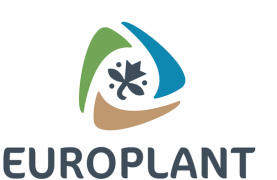Potato (Solanum tuberosum L.), a vital global food crop, often suffers from poor nutrient bioavailability, limited antioxidant potential, and susceptibility to environmental stressors, especially in low-input agricultural systems. Addressing these issues is critical for enhancing food quality and security, particularly in developing regions. Potato, a globally significant food crop, faces challenges in achieving optimal nutrition and disease resistance. The current study investigates the eco-friendly enhancement of potato nutrition, antioxidant activity, and volatile compound profiles through the application of siderophore-producing bacteria (SPB) and L-tryptophan (L-Trp). Bacillus simplex and Acinetobacter calcoaceticus, two well-characterized rhizobacterial strains, were used alone and in combination with L-Trp under natural field conditions. The combined application of Bacillus simplex and Acinetobacter calcoaceticus, along with L-tryptophan, significantly enhanced the nutritional profile, including increased starch, protein, dietary fibre, and carbohydrate content. Antioxidant activity, measured through 2,2-diphenyl-1-picrylhydrazyl (DPPH) and 2,2′-azino-bis (3-ethylbenzothiazoline-6-sulfonic acid) (ABTS) radical scavenging assays, demonstrated significant improvement, alongside increased production of beneficial organic acids like lactic and acetic acids. Additionally, reduced oxalic acid levels enhanced nutrient bioavailability. This integrated approach showcases the potential for sustainable agricultural practices to improve crop quality while reducing reliance on chemical inputs, presenting a viable solution for addressing nutritional deficiencies in potatoes, especially in developing regions.
Full publication URL















